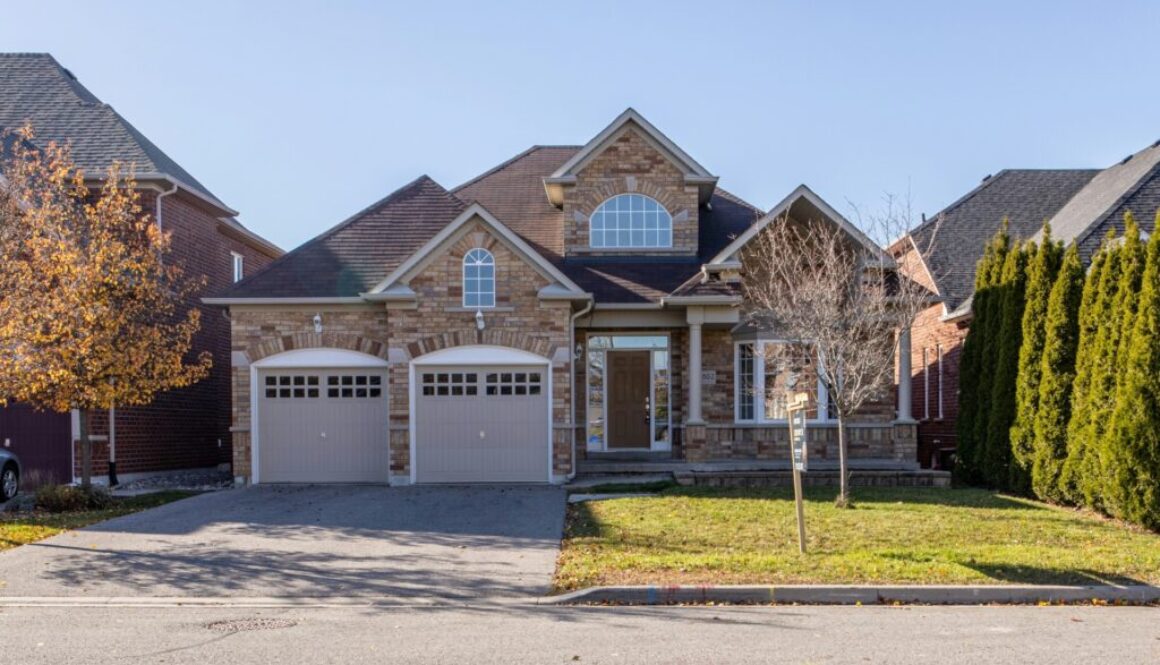How Long Will It Take to Sell My House in Texas?
Have you ever put something up for sale—maybe a car or a piece of furniture—only to wonder, “How long is this going to sit here?”
Now, imagine that feeling amplified tenfold because we’re talking about your house.
If you’re planning to sell your home in Texas, you’re probably asking, “How long will it take to sell my house?”
The short answer: it depends.
The long answer? Well, that’s what we’re here to unpack.
Let’s break it down:
The Average Time to Sell a House in Texas
On average, homes in Texas take about 50 to 70 days to sell, from listing to closing.
But let’s break that down:
- Time on Market (DOM – Days on Market): ~30 to 45 days before getting an accepted offer.
- Closing Process: ~20 to 30 days from offer acceptance to final sale.
But averages don’t tell the whole story.
Some homes sell in a matter of days, while others sit for months.
What Affects How Fast Your Home Sells?
Selling your home isn’t just about sticking a “For Sale” sign in the yard and waiting for offers to roll in.
Several factors influence the speed of your sale:
1. Market Conditions: Is It a Buyer’s or Seller’s Market?
Texas real estate has been red-hot in recent years, but things are shifting.
- In a seller’s market, where demand is high and supply is low, homes can sell in less than a week.
- In a buyer’s market, where there are more houses than buyers, you might wait a couple of months.
Texas Snapshot (2024): In cities like Austin, Dallas, and Houston, the market is moderating—still strong, but not as frenzied as 2021-2022.
Pricing correctly is more important than ever.
2. Location, Location, Location
Where your home is matters—a lot.
- Fast-selling areas: Suburbs with good schools, easy commutes, and job growth (think: Frisco, The Woodlands, Round Rock). Homes in these areas can sell in under 30 days.
- Slower-selling areas: Rural areas or neighborhoods with fewer amenities can take 90+ days to sell unless priced competitively.
3. Price It Right (Or Pay the Price)
Pricing your home too high?
You might scare buyers away.
Too low?
You leave money on the table.
- Reality Check: Homes priced correctly from the start sell 50% faster than those that require price drops. Work with a local real estate agent to analyze comparable sales (comps) and set a strategic price.
4. Condition & Curb Appeal: First Impressions Matter
Think about it—would you rather buy a home that’s move-in ready or one that screams “fixer-upper”?
Quick Fixes to Speed Up Your Sale:
- Fresh paint (neutral colors work best).
- Updated landscaping (a well-kept lawn adds instant appeal).
- Decluttering & staging (buyers need to picture themselves in the home).
Homes that look move-in ready sell significantly faster than those that appear outdated or neglected.
5. How You Market Your Home
A well-marketed home sells faster. Period.
- Professional Photos: Listings with high-quality photos sell 32% faster than those with dark, blurry, or cell-phone photos.
- Online Exposure: In Texas, over 95% of home buyers start their search online. If your agent isn’t leveraging social media, MLS listings, and targeted ads, you’re missing out.
Want to Sell FAST? Try These Strategies
- Stage Your Home – Staged homes sell 88% faster and for 5-10% more than unstaged ones.
- List at the Right Time – The best months to sell in Texas? March to June. Homes listed in these months tend to sell quicker and for more money.
- Consider a Cash Offer – Need to move ASAP? Selling to an investor or cash buyer can close the deal in 7-14 days, but expect a slightly lower price.
- Pro Tip: If you price competitively and market aggressively, you might not need a price drop at all.
Bottom Line: What’s YOUR Selling Timeline?
If you’re selling in Texas, your home’s timeline depends on the market, location, price, condition, and marketing strategy.
If you want to sell quickly, focus on:
- Pricing smartly.
- Improving your home’s appeal.
- Marketing like a pro.
- Timing your listing strategically.
Still wondering how long your home will take to sell?
Try this: Find out how homes in your area are selling right now—look up recent sales, talk to a local agent, or get a market report.
You might be surprised at what you learn!










